
Die This Hour (Inspector Sheehan Mystery Bk 2) by Brian O’Hare
Detective Sergeant Denise Stewart joins Inspector Sheehan’s Serious Crimes unit in Belfast and helps chase down a killer.
Courtney has a few unpublished masterpieces in various stages of completion waiting for her four children to grow up so she can do something respectable, like getting paid for her work. At age five after watching a Billy Graham crusade on TV, she dialed the number on the screen and has been a Christian ever since. She was baptized into the Church of Scotland when growing up in Paris, France. Then after lots of adventures, she moved back to Houston, Texas and joined the Catholic Church.
She graduated with honors in the humanities from Stanford University (Class of ’92). Then, after four dark years in a Ph.D. program in comparative literature at Rutgers, she faced a choice between her faith and an academic career. The sort of people who are now throwing families with five children onto the street for declining to bake a cake were already ensconced in the Academy. She chose exile, motherhood, a job in New York and twenty years of comparing literature on her own.
On July 11, 2017, Feast of St. Benedict, she launched a blog called The Domestic Hermit. It offers a series of reflections on The Rule of St. Benedict, with a personal focus on character formation in the home. She connected with Catholic Reads after a friend told her about hearing A.R.K. Watson interviewed in a podcast. Now she’s taking on the Christian Classics challenge and hopes to share all the best of literature in English with anyone who loves truth, eloquence, wit and good sense.

Detective Sergeant Denise Stewart joins Inspector Sheehan’s Serious Crimes unit in Belfast and helps chase down a killer.

Inspector Sheehan’s Belfast Serious Crimes Unit investigates human trafficking rings.

A murdered archbishop launches DCI Sheehan on the track of a sectarian serial killer, as well as on a journey back to the faith of his childhood.
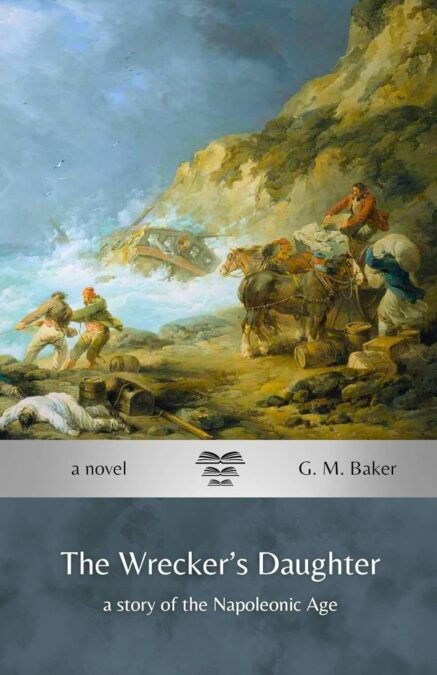
When Hannah learns that the Bible verse she has lived by is not found anywhere in Scripture, she realizes that the culture that has formed her is completely corrupt.
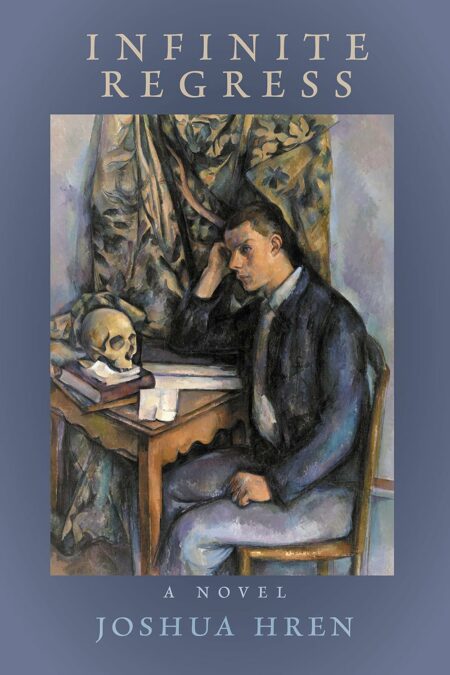
Poetic justice when the victim of a predator priest finds freedom from his seducer.
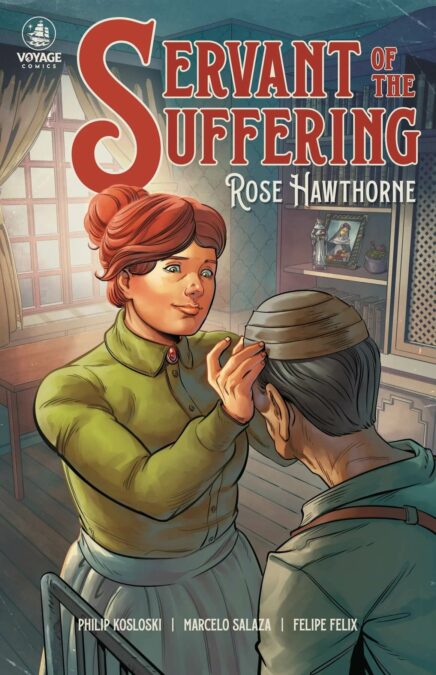
The great-great-great-granddaughter of a Salem witch trial judge is on her way to Catholic sainthood.

To fulfill his dream and become a priest, a young man must sneak across borders and find his way to freedom.
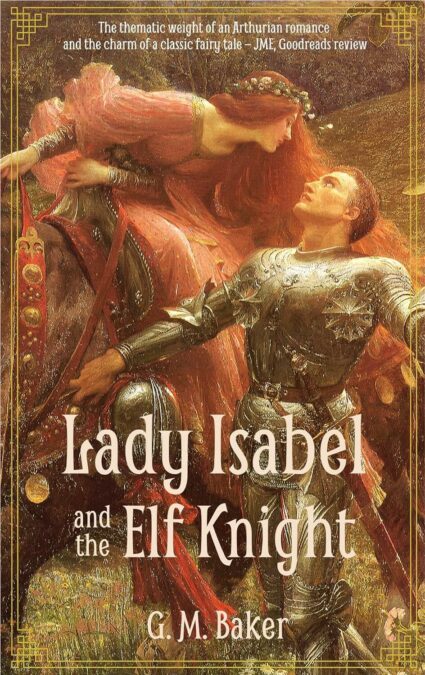
Dark psychological fairy tale in which the heroine slays her enchanter only to become possessed by his spirit
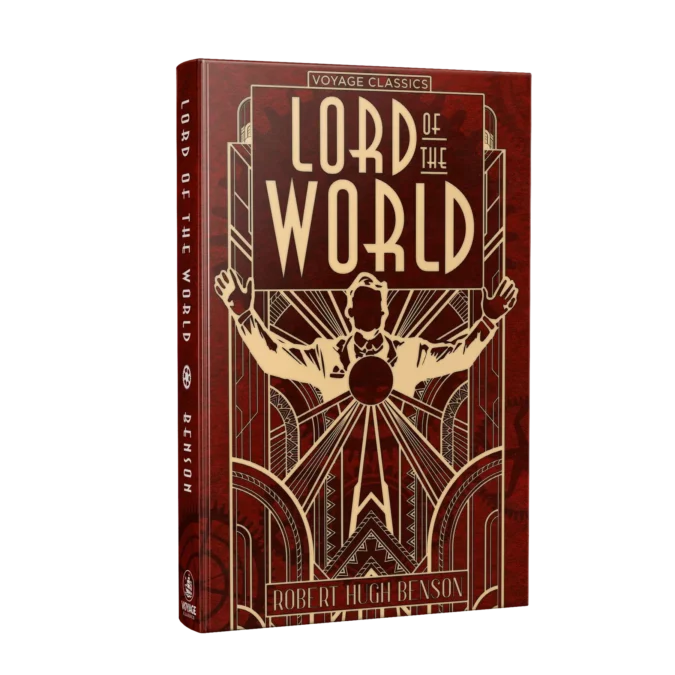
Does Pope Francis think the world is about to end?

Keep holy the Lord’s Day—joyfully–with Silly Sophie the Spaniel.

True stories of today’s real life Good Samaritans.
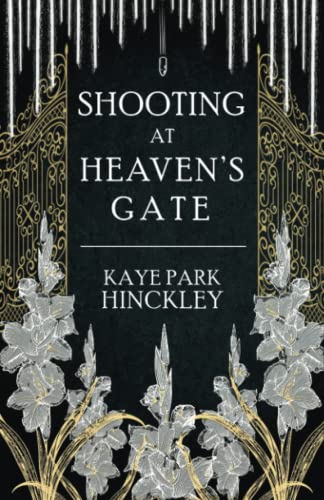
How does an ordinary boy become a mass murderer?
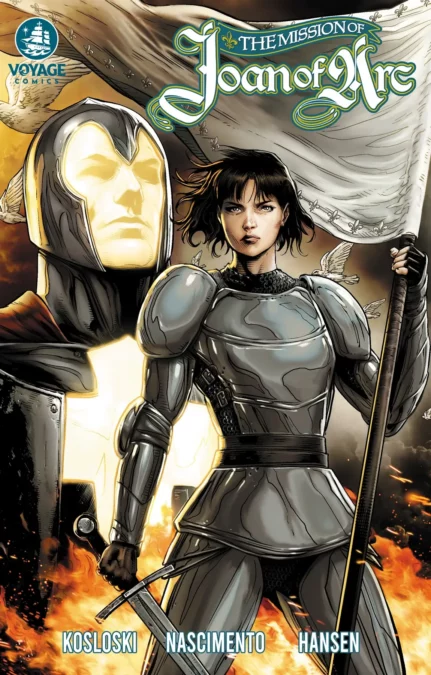
Voyage Comics’ dynamic interpretation of the Life of Joan of Arc is based on the play written by St. Thérèse of Lisieux.
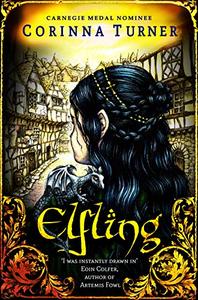
Serapia Ravena is on a mission to find and keep her father, but he has transgressed a boundary that no creature has the right to cross. Only the mercy of God can resolve this tension.
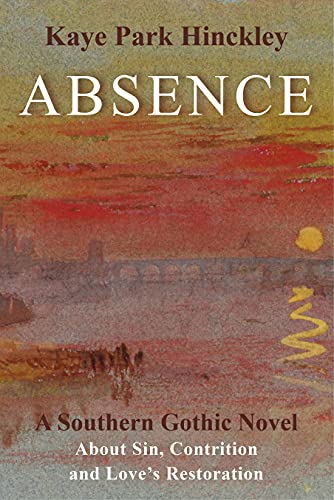
Absence will chill you with the stark reminder that human beings are not just bodies, but souls whose spiritual influence cannot be suppressed, even when the bodies have gone missing.
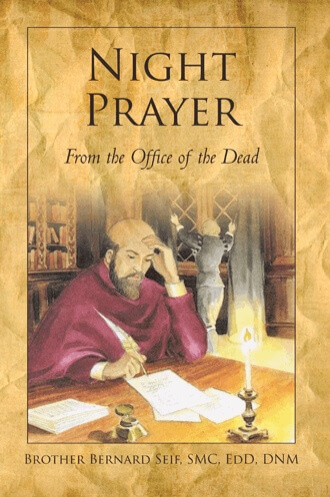
The Motto Suaviter Sed Fortiter (Gentle But Strong) informs this historical mystery novel about the founding of the Salesian spiritual family and its various branches.
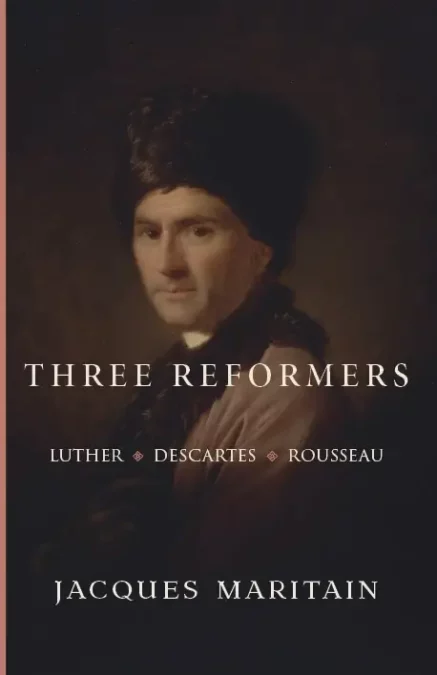
Reaching back to a forgotten era of integrated Christian philosophy, Maritain retrieves concepts that could solve the dissolution of postmodern society.

Abortion is not the only danger to the human embryo. Defend humanity from experimentation in the USA.

“The Dunes” raises questions that are relevant in any marriage: not just for the creepy, otherworldly couple who venture onto a lonely island to set up camp near prehistoric sand dunes for the last time.
Beyond the adventure, the way to read The Lord of the Rings is not as an allegory but as a meditation on the human Story we are each caught up in, and in which we each have our part to play, our temptations to resist, and our task to accomplish.
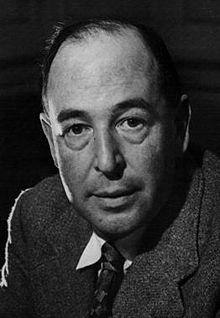
When he was four years old, C. S. Lewis renamed himself Jack and refused to answer to Clive Staples. For the rest of his life, he was Jack to his friends.

A Detective novelist who believes in conscience, and in the reality of redemption.
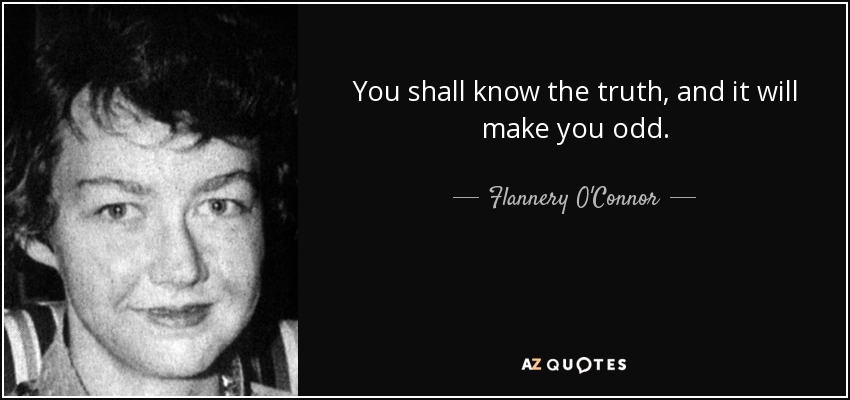
Flannery O’Connor dissected the Devil for a generation that was busy explaining evil away. She perceived God at work in grotesque places. Was she right?
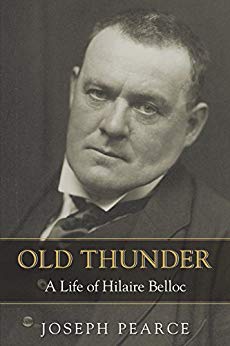
Belloc was known as a Catholic polemicist with a vicious talent for skewering his opponents. Anyone struggling to persevere as a Christian in the fields of journalism or media should read him. His children’s books have an acerbic humor that will appeal to bored veterans of political correctness, especially teens.
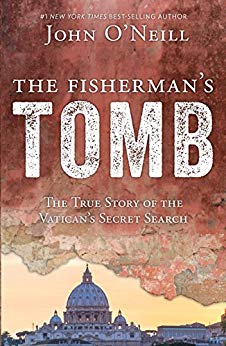
The untold true story of the greatest treasure hunt of the century, all done under the noses of the Nazi invasion.

Chesterton will swoop down, carry you away, pour tonic down your throat and tickle you until you start to laugh